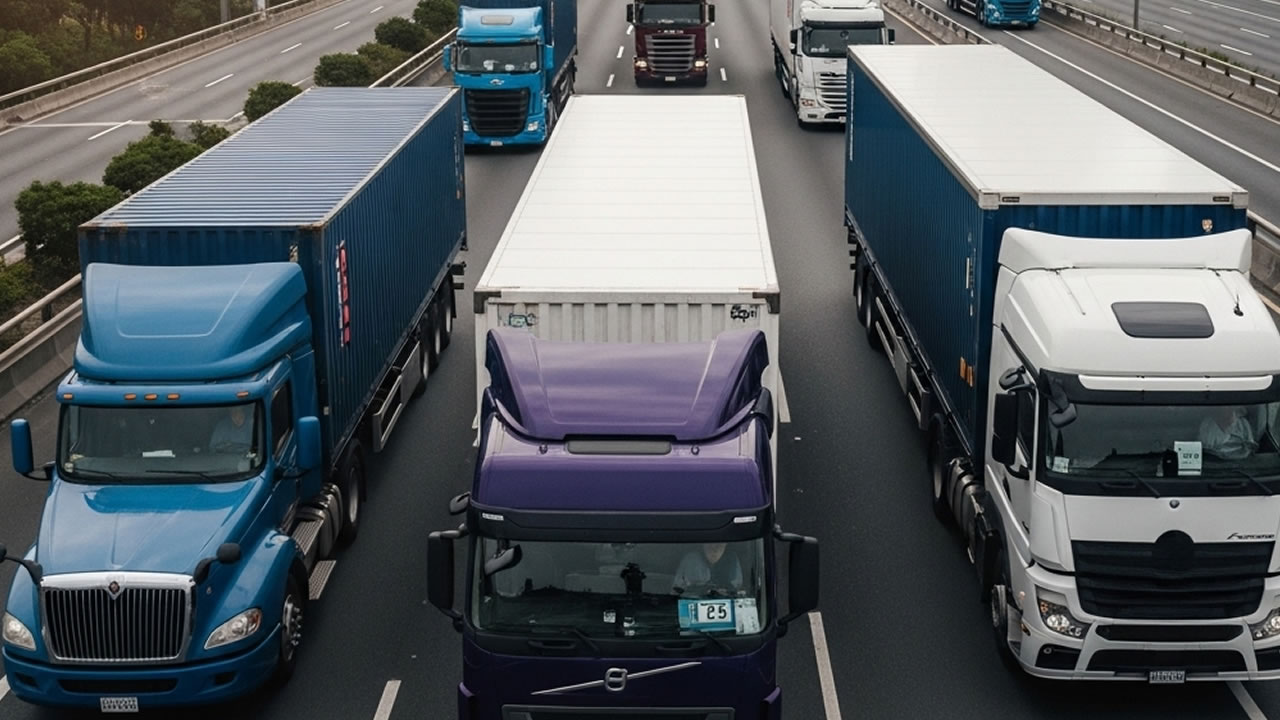Trucking is one of the indispensable components of the logistics industry, which is the economic lifeblood of the modern world. The role of trucks is not only to ensure that products are delivered on time by carrying raw materials and finished goods to the stores. Truck drivers who have the complexities of logistics are the professionals who are not only capable of the A to B journey but are the leaders of the dispatchers, warehouse staff, freight brokers, and customer service system.
The Vitality of Regulations Compliance and Requirements
The trucking industry is highly overseen by logistical regulations to protect road safety and secure fair competition. Drivers need to be well informed about the Department of Transportation (DOT) rules, Hours of Service (HOS) limits, weight restrictions, and inspection protocols to drive lawfully. Electronic Logging Devices (ELDs) are another typical tool of the whole industry to keep an eye on driving time. Complying with the rules means not only your work but your life is safe, and other road users are protected as well. Clear training and keeping updated with the new rules can be crucial when facing competition.
Placing the Right Routes in Your Management and Beyond
For every truck logistics driver, one of their main skills should be calculating the route in an energy-efficient way. Even if the software is fleet management or GPS apps, the idea is to avoid traffic, to save gas, and to be delivered within the time window. In the same way, the kind of freight (dry van, refrigerated, or flatbed) also has a direct impact on the varying responsibilities of a driver. If we take an example of the perishable foodstuffs, the transport should be speedy and the temperature should be recorded. The utilization of better route management and new technology enhances the efficiency of delivery, the commitment of the client, and the conservation of fuel.
Building a Career in Trucking Logistics Successfully
More than expertise in driving, to be successful in logistics trucking is about professionalism, communication, and the ability to adapt as well. The drivers usually function as the representatives of the logistics company. Hence, creating favorable interactions with customers and shippers can be the starting point for getting more orders and the best prospects. Technology is changing, so the best thing to do is to keep up with new tools such as telematics and freight tracking systems, which will be a part of the distinguishing factors. When an industry is developing, there arises a high demand for drivers who view logistics from a broad perspective, and they are the most likely to be successful in the long run.
Disclaimer: The information provided in this blog post is for general informational purposes only. While we strive to keep the content accurate and up to date, we do not guarantee its completeness, reliability, or accuracy. Any actions you take based on this information are strictly at your own risk. We are not responsible for any losses, damages, or inconveniences that may arise from the use of this blog. For professional advice, please consult a qualified expert.


